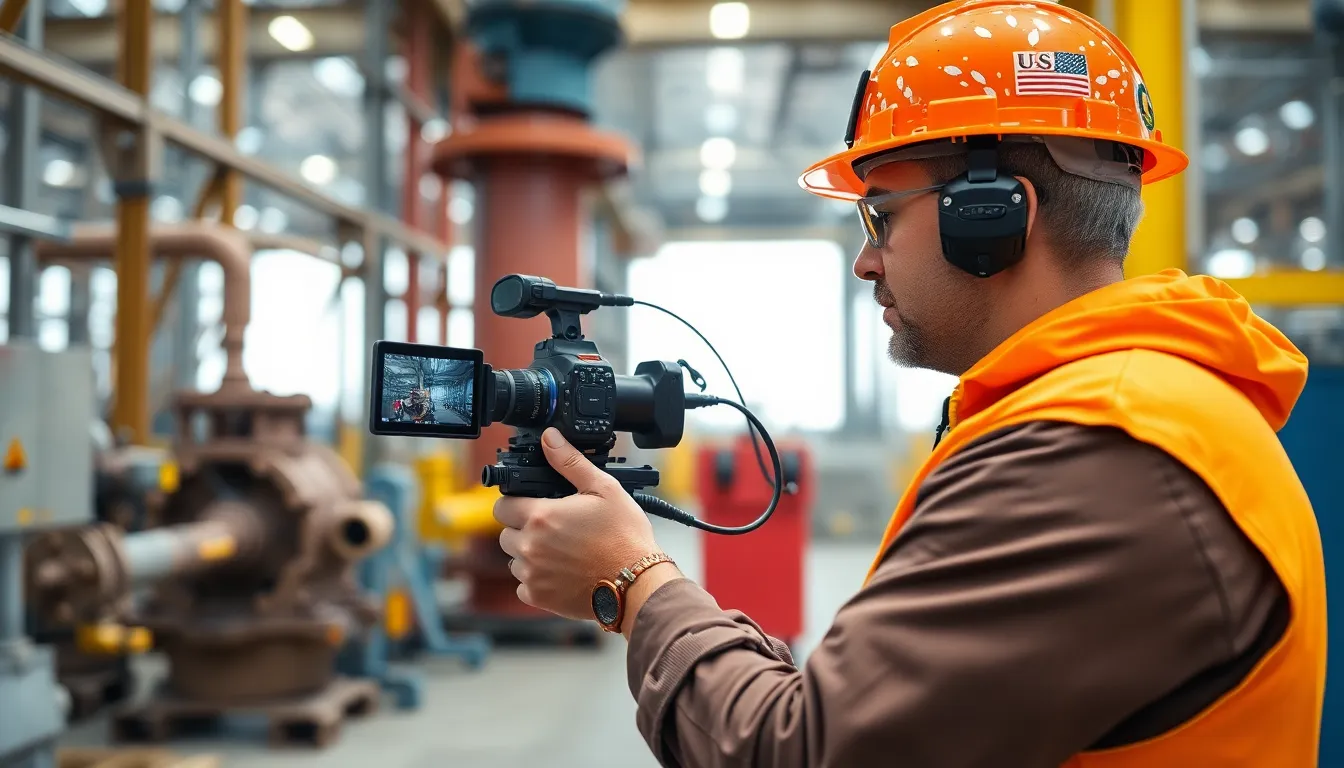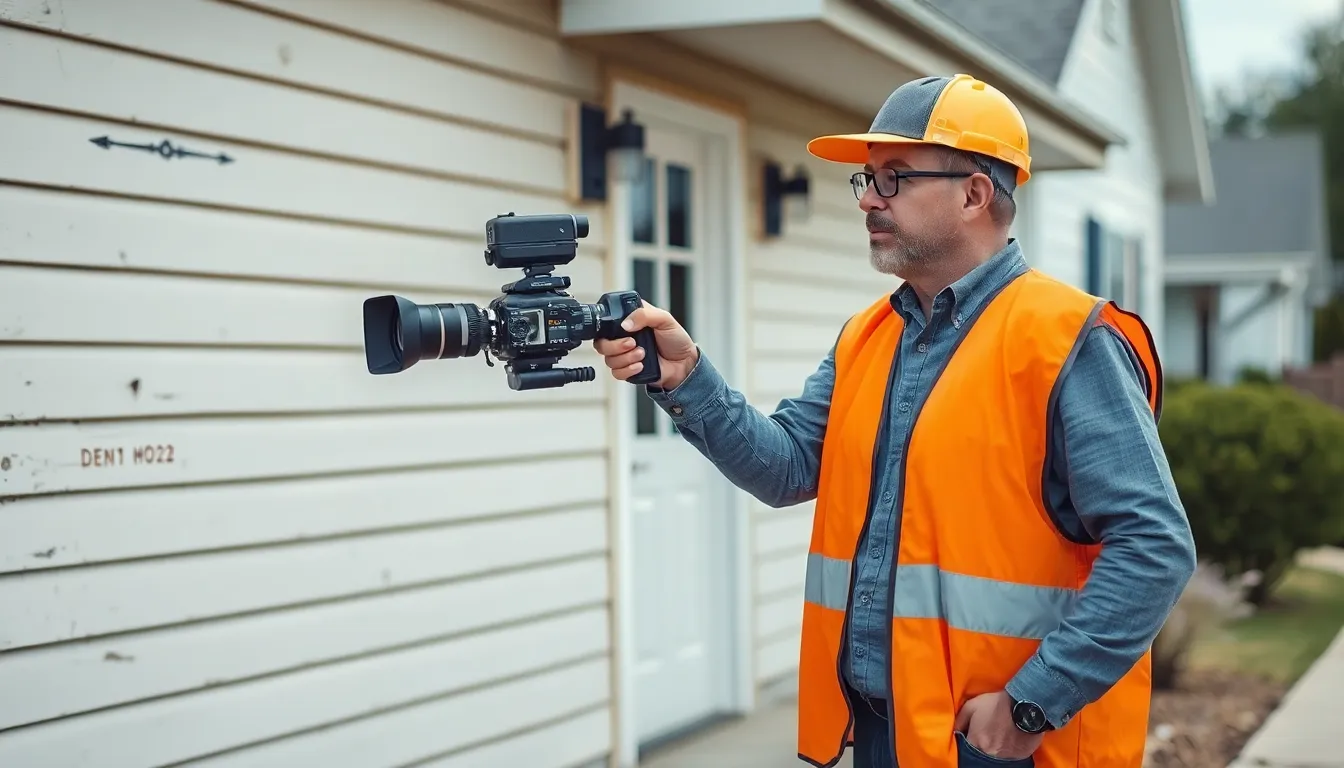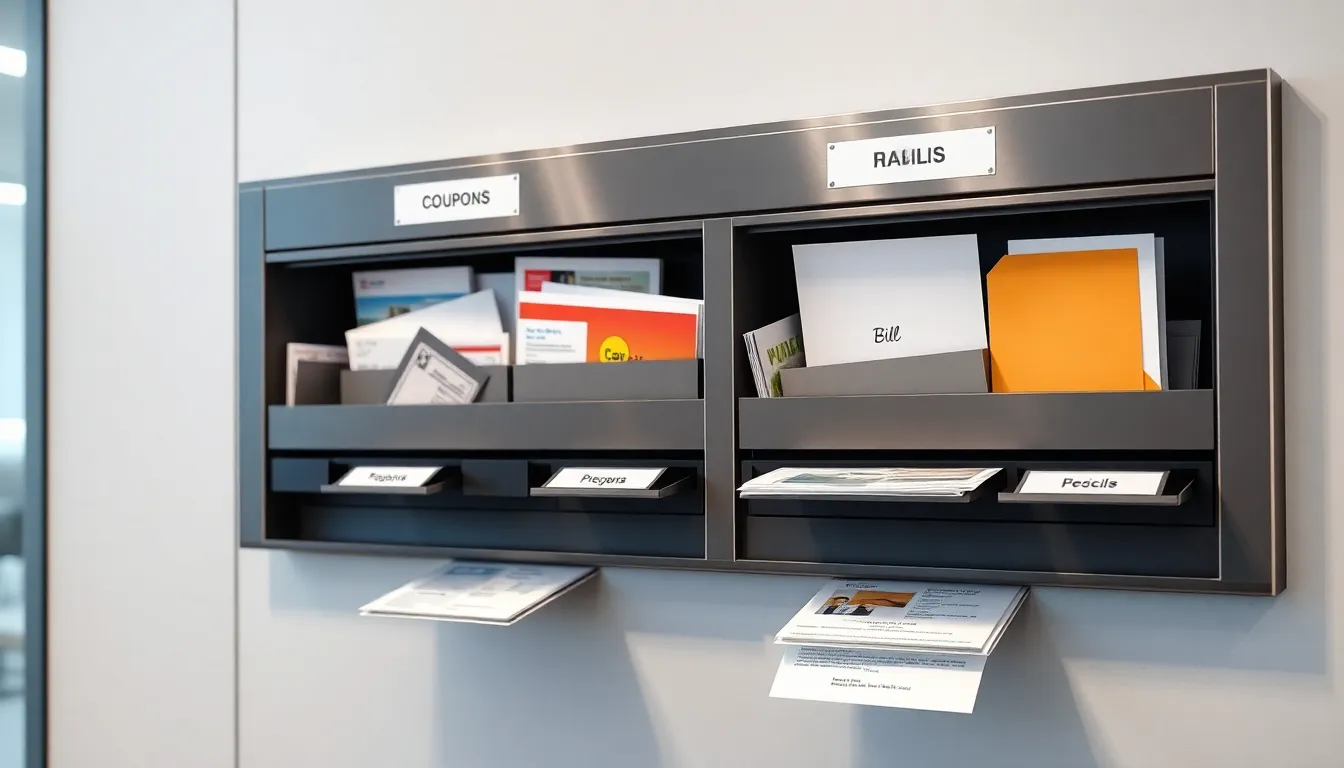In a world where selfies reign supreme, why not bring that same flair to inspections? Video recording during inspections isn’t just a trend; it’s a game-changer. Imagine capturing every detail with the precision of a hawk while also having the chance to replay those awkward moments—like that time the inspector almost tripped over a toolbox.
This innovative approach not only enhances transparency but also adds a dash of humor to an otherwise serious process. With video documentation, inspectors can showcase their findings, and clients can rest easy knowing they won’t miss a single detail. So grab your camera and get ready to turn those inspections into cinematic masterpieces—because who said inspections can’t be entertaining?
Table of Contents
ToggleImportance Of Video Recording During Inspection
Video recording during inspections serves multiple critical purposes. First, it enhances transparency by providing a real-time view of the inspection process. Inspectors capture detailed footage of observations, making it easier for clients to trust and understand the findings. Each recorded moment adds to a comprehensive documentation trail, offering more than written reports alone.
Furthermore, video evidence helps identify and clarify issues. It allows inspectors to point out specific areas of concern visually. This visual documentation can reduce misunderstandings and ensure clients fully grasp the implications of findings.
Utilizing video can also streamline communication. Inspectors share recordings with clients and stakeholders, facilitating discussions based on actual footage rather than relying solely on verbal descriptions. This approach fosters a clearer dialogue, leading to more informed decision-making.
Additionally, the prospect of capturing mishaps or unusual occurrences adds an engaging aspect to the inspection. Each recorded misstep serves to illustrate challenges faced during the process, highlighting the diligence of the inspector. Clients appreciate the candid representation of inspections, making the experience feel less formal and more relatable.
In the event of disputes, video recordings serve as valuable evidence. They provide an unbiased record of the conditions observed, aiding in resolving conflicts over findings. This level of documentation strengthens the inspector’s position and offers clients peace of mind.
Ultimately, video recording during inspections increases accountability. Each documented instance fosters trust between inspectors and clients, reinforcing the integrity of the inspection process. By integrating this technology, inspections become more efficient, informative, and engaging.
Benefits Of Video Recording

Video recording during inspections offers numerous advantages that significantly enhance the process. Through visual documentation, inspectors can capture details that might be missed in traditional reports.
Enhanced Documentation
Video recordings provide an accurate representation of the inspection environment. Inspectors can document conditions in real-time, ensuring that no important details are overlooked. Detailed video evidence allows for a clear replay of findings, giving clients a precise understanding of the situation. When inspectors point out specific areas of concern, clients gain better insight into potential issues. This level of documentation helps both inspectors and clients refer back to the recorded visuals for future discussions, thus maintaining clarity.
Improved Communication
Video footage fosters more effective conversations between inspectors and clients. Discussions based on actual video evidence eliminate misunderstandings often triggered by verbal descriptions. Inspectors can directly reference visual elements in the footage, making explanations clearer. Clients appreciate being able to view the inspection as it unfolds, leading to more informed decision-making. By utilizing video recordings, inspectors can create a shared understanding of findings, making the process feel more collaborative and transparent. This approach encourages open dialogue, ensuring all parties are on the same page.
Best Practices For Implementing Video Recording
Effective video recording during inspections relies on the right practices to optimize results. Inspectors need to focus on equipment selection and adequate training.
Choosing The Right Equipment
Selecting high-quality recording devices enhances video clarity. Inspectors benefit from cameras with stabilization features to minimize shakes. Resolution matters; opting for at least 1080p captures detailed visuals. Using wide-angle lenses helps frame larger areas in a single shot. Ensure ample storage space by using high-capacity memory cards. Connectors for external microphones improve audio quality. Investing in weatherproof equipment becomes crucial in various outdoor environments. Rugged cases protect gear from damage during use.
Training Inspectors
Training programs equip inspectors with essential video recording skills. Instruction should cover camera operation, including settings adjustments and framing techniques. Familiarity with recording software simplifies video editing and sharing processes. Demonstrating best practices for managing video files ensures no crucial footage gets lost. Emphasizing the importance of clear audio supports effective communication of findings. Simulating real inspection scenarios reinforces skills in a practical setting. Continuous training updates keep inspectors informed about new technologies and techniques.
Legal Considerations
Video recording during inspections involves various legal aspects. Understanding these considerations ensures compliance and protects both inspectors and clients.
Privacy Concerns
Privacy concerns arise frequently when video recording occurs. Specific laws dictate when and where individuals may be recorded. Obtaining consent from all parties enhances transparency and builds trust. Different states and regions have varying regulations regarding audio and video recording, so inspectors must remain informed. Safeguarding personal information also stands as a priority. Inspectors should avoid capturing footage of private areas unless necessary, ensuring respect for personal privacy throughout the process.
Compliance Regulations
Compliance regulations influence how video recording is conducted during inspections. Adhering to local, state, and federal laws is crucial. Many jurisdictions require inspectors to inform clients about video recording practices. Inspectors should familiarize themselves with relevant statutes governing inspections in their area. These regulations might specify documentation retention policies. Understanding these requirements ensures clarity, promoting confidence among clients while minimizing legal risks.
Challenges And Limitations
Technical issues often arise during video recording. Equipment malfunctions can lead to missed footage, resulting in incomplete documentation. Poor audio quality also hampers communication, making it difficult for inspectors to convey important findings. Battery life poses another challenge; inspections can last several hours, and inadequate power supply risks losing critical recording time. Connectivity issues may occur with cloud storage or real-time streaming, further complicating the recording process. Inspectors must anticipate these potential pitfalls and implement measures to ensure reliability throughout inspections.
Resistance to change represents another hurdle. Some inspectors may hesitate to adopt new technology, preferring traditional methods they’re comfortable with. Familiarity can breed complacency, leading to reluctance in leveraging video recording’s benefits. Training programs should emphasize the advantages of video documentation, encouraging inspectors to embrace modern practices. Client expectations also play a crucial role; they increasingly demand transparency and thoroughness in inspections. Engaging inspectors in discussions about technological advancements encourages acceptance, ultimately enhancing inspection quality.
Embracing video recording during inspections can revolutionize the way inspectors communicate findings. By providing a visual account of the process it fosters transparency and builds trust with clients. This innovative approach not only enhances documentation but also improves overall communication.
As inspectors adopt this technology they can address challenges and maximize the benefits through proper training and equipment. Understanding the legal considerations further strengthens the foundation for effective inspections. Ultimately video recording transforms inspections into a more engaging and informative experience for all parties involved.






